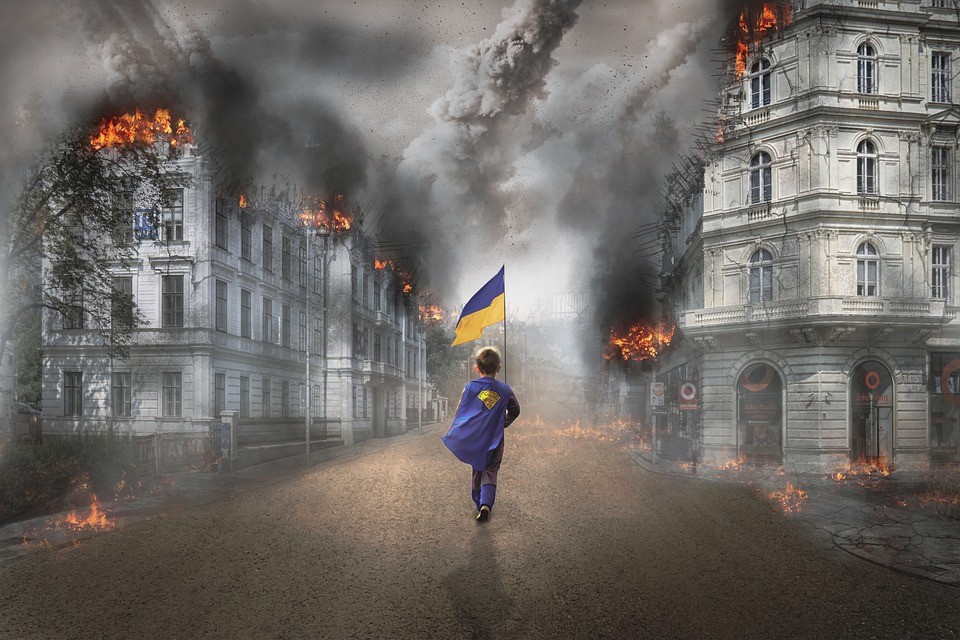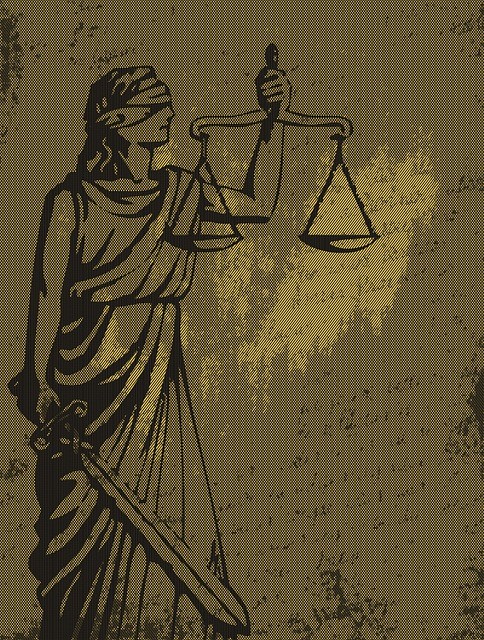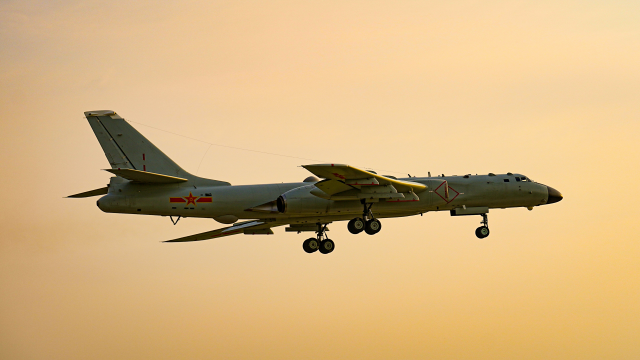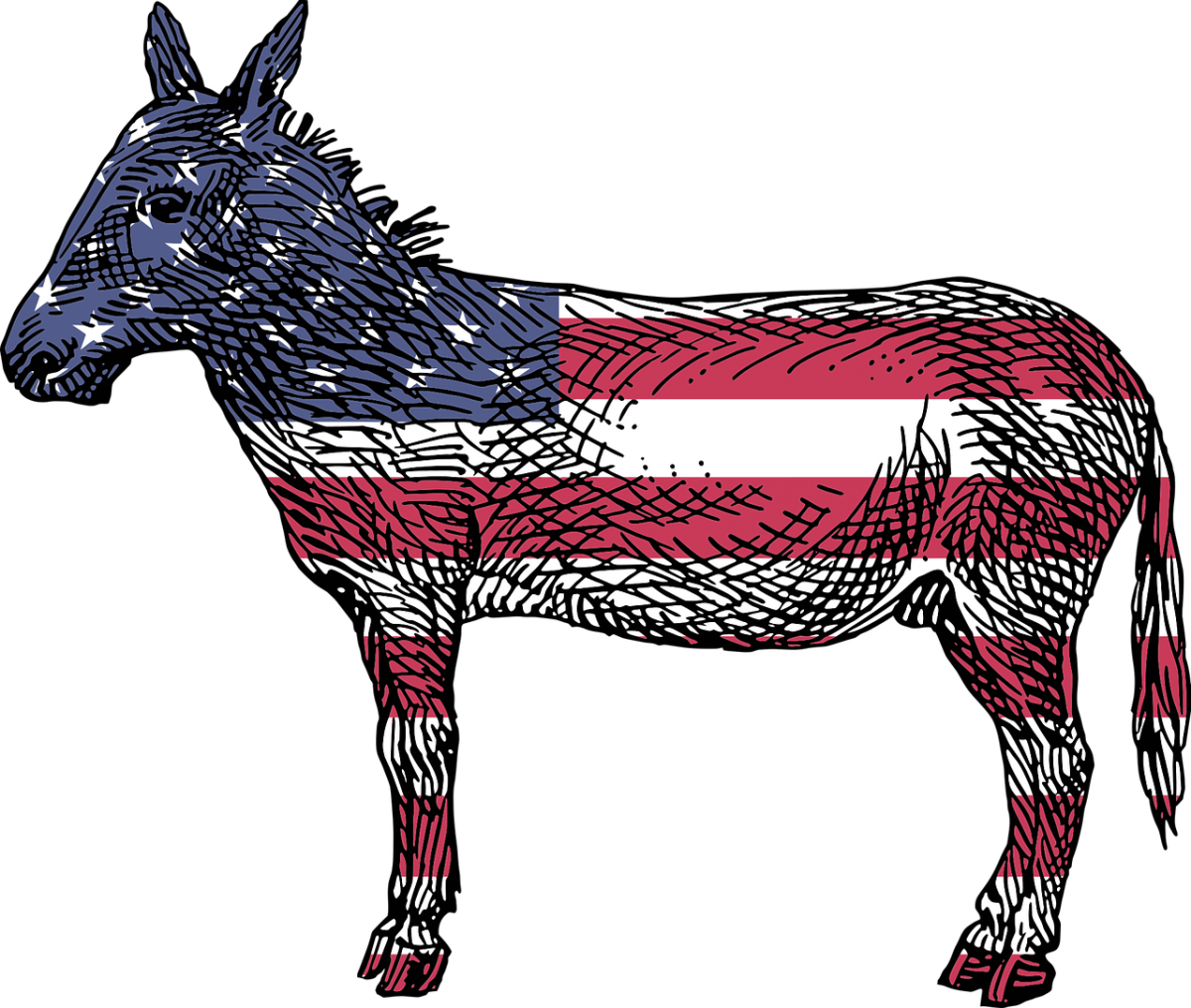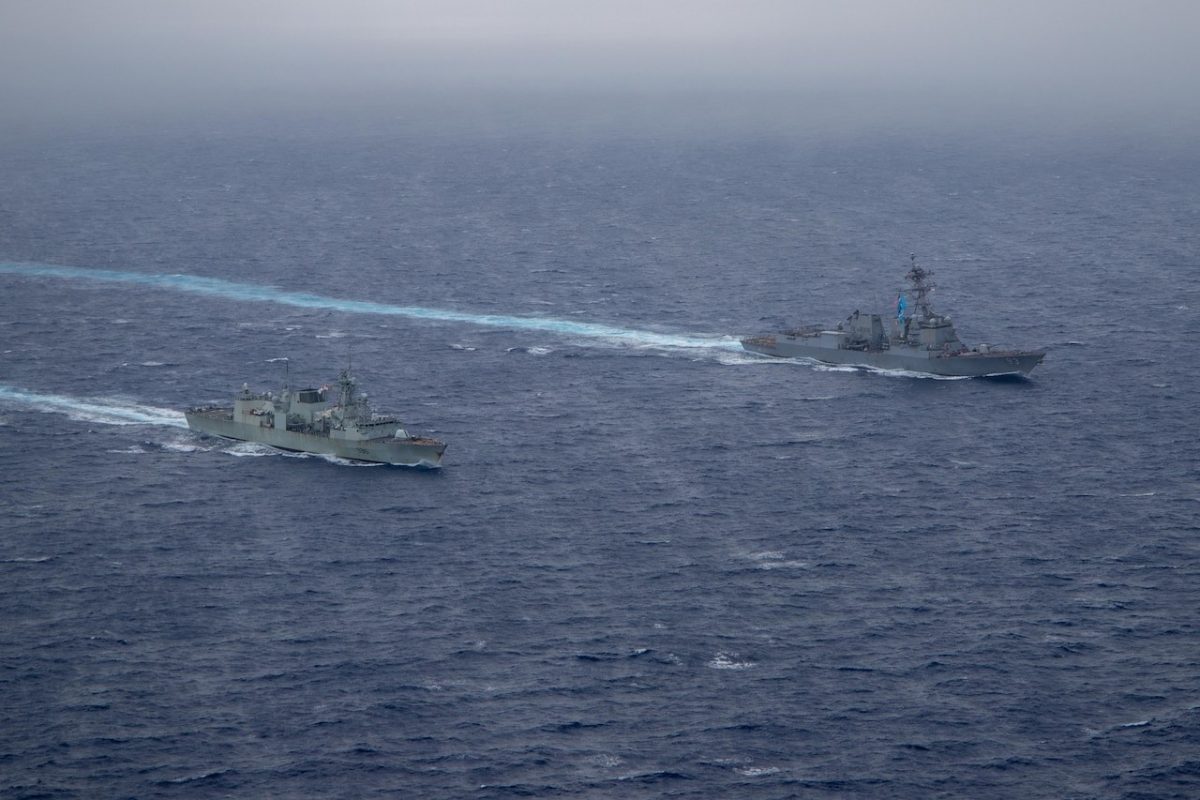Recently, we discussed the legal reasons why the plea agreement offered to President Joe Biden’s son, Hunter, quickly fell apart under questioning by Federal Judge Maryellen Noreika. In large part, the Judge’s interrogation of the federal prosecutor, David Weiss, and Hunter Biden’s defense counsel revealed that the parties both have very different ideas regarding whether or not a plea to two misdemeanor tax charges and participation in a diversion program would cover any and all potential charges which could be brought against the President’s son in the future.
Delaware US Attorney David Weiss has been investigating Hunter Biden since 2018. As detailed by IRS investigator Gary Shapley, before the plea agreement was reached, a recommendation was made to Weiss that Biden be “charged with tax evasion and filing a false tax return – both felonies – for 2014, 2018 and 2019. The IRS also recommended that prosecutors charge him with failing to pay taxes on time, a misdemeanor, for 2015, 2016, 2017, 2018 and 2019.”
These tax related charges arose out of Hunter’s work overseas. As described by Fox News, “Hunter Biden has a history of international affairs and business dealings in a number of countries, but his involvement with Ukrainian energy company Burisma in 2014 has come under intense scrutiny, in addition to his involvement with nationals from China and Russia during his father’s tenure as vice president. He was paid $50,000 per month to serve on the board of Burisma, sparking concerns about the perceptions of a conflict of interest given the fact that his father was deeply involved in U.S. policy toward Ukraine.”
Apparently, that history did not involve paying taxes on the income generated by these foreign ventures. But most significant, those activities could also lead to criminal charges that the President’s son was acting as an unregistered foreign agent. “Congress enacted (the Foreign Agents Registration Act) to minimize the impact of foreign propaganda in the United States. It requires ‘certain agents of foreign principals who are engaged in political activities or other activities specified under the statute’ to update the Justice Department on their activities periodically. They must also provide receipts and disbursements regarding the work. Failure to do so can result in up to five years in prison and hefty fines.”
There is also a potential charge regarding Hunter’s failure to answer truthfully whether or not he was a drug user on an application for a gun license, another potential felony, but under the plea agreement, this charge would not be brought against the President’s son. Instead, Hunter would enter the diversion program described above.
To recap; After five years of investigation, David Weiss only brought two misdemeanor charges against President Biden’s son, and then failed to secure a plea of guilty to these two charges. Even after the Court gave the parties additional time to hammer out an acceptable agreement, after several weeks, Weiss announced that “The parties are at an impasse and are not in agreement on either a plea agreement or a diversion agreement.’’
Under these circumstances, it is any surprise that Attorney General Merrick Garland decided to go forward with the appointment of a Special Counsel to continue the prosecution of the President’s son? Certainly not!
But just who did Garland appoint as his Special Counsel?
David Weiss.
That’s right, the same David Weiss who failed to pursue felony charges against Hunter Biden after five years of effort and expense. Yet, as described by Garland,”(u)pon considering…the extraordinary circumstances relating to this matter, I have concluded that it is in the public interest to appoint (Weiss) as Special Counsel. This appointment confirms my commitment to provide Mr. Weiss all the resources he requests. It also reaffirms that Mr. Weiss has the authority he needs to conduct a thorough investigation and to continue to take the steps he deems appropriate independently, based only on the facts and the law.”
While its obvious why a Special Counsel would be necessary, even at this late stage of the investigation, Why giver the appointment to Weiss? After all, according to AG Garland, “Mr. Weiss has told Congress that he has been granted ultimate authority over this matter, including the responsibility for deciding where, when, and whether to file charges and for making decisions necessary to preserve the integrity of any prosecution, consistent with federal law, the Principles of Federal Prosecution, and Departmental policies.” If Weiss had all the powers he needed all along, why would he need to be appointed Special Counsel?
According to AG Garland, “Mr. Weiss advised me that in his judgment, his investigation has reached a stage at which he should continue his work as a Special Counsel, and he asked to be so appointed… (a)s Special Counsel, he will continue to have the authority and responsibility that he has previously exercised to oversee the investigation and decide where, when, and whether to file charges.
So, according to AG Garland, he made Weiss a Special Counsel because Weiss asked, even though Weiss already had all the power he needed.
If none of this makes any sense to you, then you are finally paying attention to the shell game being played here by the Justice Department.
Let us start with just what a “Special Counsel” is, legally. As described by the Associated Press, “A special counsel is an attorney appointed to investigate, and possibly prosecute, a case in which the Justice Department perceives itself as having a conflict or where it’s deemed to be in the public interest to have someone outside the government come in and take responsibility for a matter. According to the Code of Federal Regulations, a special counsel must have ‘a reputation for integrity and impartial decision making,’ as well as ‘an informed understanding of the criminal law and Department of Justice policies’…Special counsels are provided with a budget and can request a staff of attorneys, both inside and outside the department, if they need extra help. In addition to the ability to bring indictments, special counsels are vested with bread-and-butter law enforcement tools such as the power to issue subpoenas and search warrants.”
The key concepts to note here, is that a Special Counsel is someone from “outside the government” who takes a case when the Justice Department has a conflict of interest, or when it’s in the public interest to have an independent investigation. In other words, a Special Counsel is supposed to be someone other than currently existing Justice Department personnel – not the same US Attorney for Delaware who has been leading this same investigation into Hunter Biden since 2018.
As stated by Representative Jim Jordan (R-Ohio), “David Weiss can’t be trusted and this is just a new way to whitewash the Biden family’s corruption. Weiss has already signed off on a sweetheart plea deal that was so awful and unfair that a federal judge rejected it.” Meanwhile, James Comer (R-KY), the Chairman of the House Oversight Committee, went further in his remarks; “This move by Attorney General Garland is part of the Justice Department’s efforts to attempt a Biden family coverup…Justice Department officials…attempted to sneakily place Hunter Biden on the path to a sweetheart plea deal…Let’s be clear what today’s move is really about. The Biden Justice Department is trying to stonewall congressional oversight as we have presented evidence to the American people about the Biden family’s corruption.”
Evidence of “Biden family corruption” – just what is Representative Comer referring to?
We return to the testimony of IRS investigator Gary Shapley. “Gary Shapley Jr., who was the supervisor of the Hunter Biden investigation at the IRS, sat for an interview with Fox News’ Bret Baier… Shapley alleged during the interview, and in testimony before the House Ways and Means Committee, that DOJ prosecutors directed investigators to avoid asking witnesses questions about President Biden; chose not to collect search warrants related to the president’s son; and more. ‘We weren’t allowed to ask questions about ‘dad.’ We weren’t allowed to ask about ‘the big guy.’ We weren’t allowed to include certain names in document requests and search warrants,’ Shapley said. ‘So, you know, we were precluded from following that line of questioning’…(w)ith regard to investigative steps related to Hunter Biden’s laptop, Shapley testified that ‘based on guidance provided by the prosecutors on a recurring basis to not look into anything related to President Biden, there is no way of knowing if evidence of other criminal activity existed concerning Hunter Biden or President Biden’… As for charges, Shapley told Fox News…that ‘the most substantive felony charges were left off the table.’ Shapley said that Hunter Biden should have been charged with tax evasion for 2014, and false tax returns for 2018 and 2019. With regard to the 2014 tax returns, Shapley said Hunter Biden did not report income from Ukrainian natural gas firm Burisma Holdings.”
Shapley isn’t the only one making these allegations involving David Weiss. According to another IRS investigator, Joseph Ziegler, “Hunter Biden, his family members and business associates received over $17 million due to business dealings in China, Ukraine and Romania. Those deals included multimillion-dollar payments to Biden family-linked companies from 2014 to 2019, including $7.3 million from Ukrainian energy company Burisma Holdings.”
The failure to report income on millions of dollars in revenue is clearly a felony. Yet, did David Weiss authorize charges for these clear violations of the law?
No. In fact, according to Shapley “the Justice Department slow-walked criminal proceedings into Hunter Biden to allow the statute of limitations to expire…Shapley said U.S. Delaware Attorney David Weiss waited out the statute of limitations related to 2014-2015 financial crimes allowing the president’s son to evade additional charges…’In November of 2022, the statute of limitations was set to expire for the 2014 and 2015 charges in D.C., which included the 2014 felonies for the attempt to evade or defeat tax and fraud or false statement regarding Burisma income earned by Hunter Biden…(t)he statute of limitations had been extended through a tolling agreement with Hunter Biden’s defense counsel, and they were willing to extend it past 2022. Weiss allowed those to expire,’ said Shapley.”
To reiterate; rather than select someone from outside the Justice Department, Attorney General Merrick Garland chose the current US Attorney for Delaware, David Weiss, to serve as his Special Counsel – the same David Weiss who has conducted an investigation into Hunter Biden for five years, failed to bring felony charges against Hunter Biden in a timely manner, failed to bring a routine felony gun charge against the President’s son, offered Hunter a plea to two misdemeanors and a diversion program, and then watched that agreement blow up under questioning by a federal judge.
On the grounds of competency alone, it is fair to question Garland’s choice of a Special Counsel. But it is obvious that Weiss, who as a current US Attorney, answers to his boss, Attorney General Merrick Garland, is doing exactly the job Garland wants him to do.
Let us give the last word on this topic to Senator Lindsay Graham (R-SC), who recently “appeared on Fox News and said that he doesn’t ‘trust’ Weiss and his team to ‘fairly investigate’ the Bidens, adding that by appointing a special counsel ‘they’re trying to make it harder’ for Congress to investigate. ‘What they tried to do is give Hunter Biden a deal that no other American would get, the judge asked hard questions, the plea agreement blew up. And to think that the very guy who wrote the plea agreement is seriously going to continue to investigate the Biden’s is laughable…Who in their right mind believes that changing the title of what you call Mr. Weiss solves all the problems associated with Mr. Weiss? Nobody.’”
Judge John Wilson (ret.) served on the bench in NYC
Illustration: Pixabay
